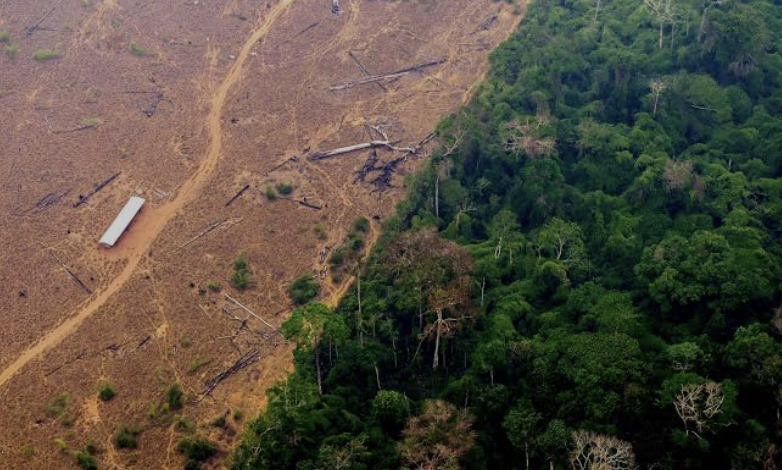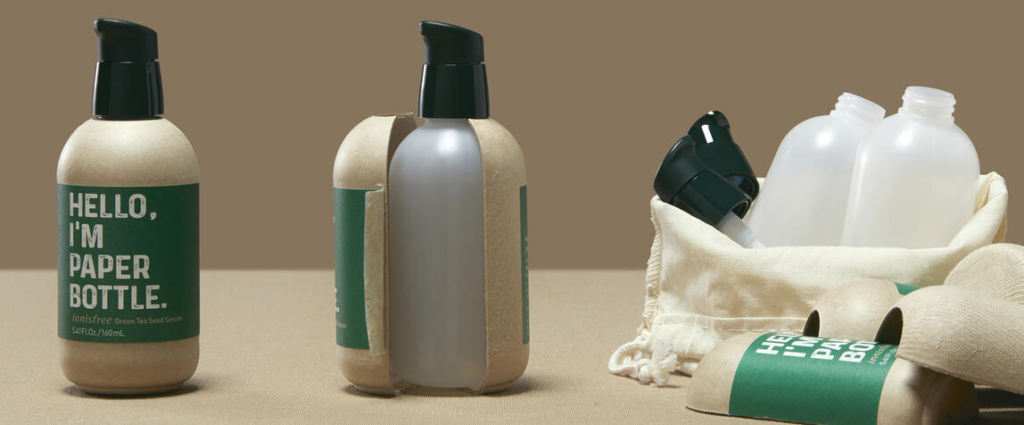As the years pass, we’ve become more and more aware of our everlasting impact on the planet. So, how are we to limit our environmental impact? How are we to implement full-blown sustainability?
1- Carbon Footprint
You’re probably no stranger to the term Carbon Footprint, a term frequently used online to hold celebrities accountable on their role in the environment. But what is it?

A carbon footprint refers to the greenhouse gas emissions per entity, or individual. In other words, it’s the amount of carbon gas produced by a person. Is carbon gas detrimental? Not in that sense; however, too much carbon gas buildup leads to global warming.
2-Carbon Neutral
A sustainability term quickly making its means across the business markets globally is Carbon Neutral. Carbon neutrality is achieved when a firm offsets its carbon footprint, which is what many firms internationally are attempting to do, in an attempt to appeal to new European pollution regulations and to the general public as well. Look we’re taking good care of mother nature-esque
3-Climate Resilience
As with many things in life, climate change is a concept that has amassed its own set of opponents. So now Climate Resilience is the new notion sweeping the markets. A notion that deduces that society ought to create an environment that’s flexible and can maintain the business activities that impose climate risk. Not so sustainable of a term now is it?
4-Deforestation
A phenomena that none of us are strangers to, Deforestation refers to the process of… well deforesting forests!

This is harmful for a number of obvious reasons: no trees= no carbon dioxide absorption= increased global warming!!
5-Global Warming
But what the heck is Global Warming? Global warming, arguably the most important sustainability term of all, refers to the gradual increase in the earth’s temperature. In other words, the ceasing of mankind.
Because, opposed to common belief, global warming is so much more than just summers being a tad hotter, because they also mean that winters are hotter. They mean that coastal cities are subject to flooding, to certain species going extinct.

Global warming has amassed global concern of teens everywhere. To know more, you can check up Fridays For the Future!
6-Greenhouse Effect
I bet you’ve learnt this in high school. Here’s a refresher.
This specific term refers to the entrapment of greenhouse (hence the name) gases near the earth’s atmosphere= increasing temperatures= you guessed it… global warming.
7-Greenwashing
One of the most crucial terms to know when delving into an environmentally-conscious space is Greenwashing.

This is an activity that we see now more than ever, with companies trying to sell their products with the illusion that they’re environmentally “friendly” by repackaging them or rebranding them as “green” and “eco-friendly!” products, when in reality it’s still procured out of the same toxic wastes that fill our lands.
8-Organic
A sustainability term often utilized by marketers everywhere in hopes of raising their prices is Organic. But what does the nature of a product entail if it’s organic?
1-Don’t include pesticides.
2-Don’t have genetically-modified ingredients
3-Yes, you’re paying more to eat clean.
9-Recycling
The world’s most favourite sustainability term! Recycling is a concept embedded into us from childhood. However, what most aren’t aware of, is that the regulations for recycling are high, oftentimes 90% of the products you consume aren’t recyclable. Does that mean that you should stop separating your wastes? No. Every effort made is a step in the right direction.
10-Renewable Resources
Germany has declared it will run solely off renewable energy by 2050. What is that? Imagine a battery that never goes out. That’s what renewable energy and resources are. Because the extraction of our current energy resources; oil, fossils, etc. do much more harm than they do
good.
With Renewable Resources, you use the environment to heal the environment.
11-Zero Waste
The Zero Waste concept has morphed into a social movement in Europe that’s quickly gaining traction in other parts of the world.
What it is, is an approach that eliminates waste, i.e: doesn’t consume new resources, recovers resources and doesn’t deplete resources in landfills or otherwise.
12-Sustainability
What good is a Sustainability guide, without including the very definition of it?
Sustainability essentially refers to the process of maintaining a system, AKA the environment at a certain level. In other words, to sustain the damage already done and work on improving them as opposed to making more.













